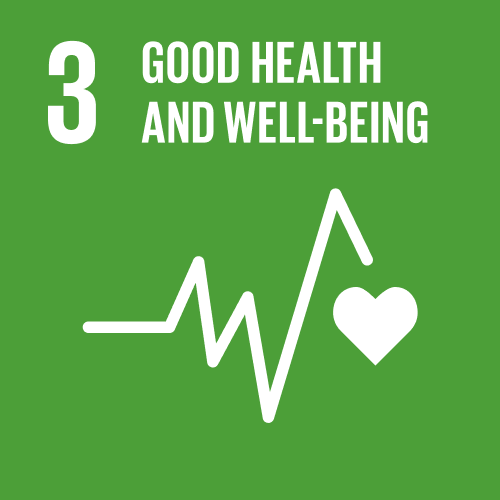

Istanbul Gelisim University (IGU) is a foundation university based in Istanbul, established in 2008 and granted university status in 2011. Since its foundation, IGU has operated with the mission of enhancing quality, accessibility, and diversity in higher education. The university considers education, research, and community service as its core areas of activity. IGU aims to educate students as internationally competent individuals who adhere to scientific ethical values, think creatively, and are conscious of sustainability. To this end, it continuously updates its student-centered educational programs and focuses on graduating qualified individuals who meet the needs of the modern era.
The university’s core values include respect for individual differences, openness and transparency, an interdisciplinary approach, the principle of sustainability, collaboration with the real sector, and a commitment to continuous improvement. IGU contributes to knowledge production by conducting research activities both nationally and internationally and strengthens its societal impact through social responsibility projects and public-private partnerships. Within the framework of its 2024–2028 Strategic Plan, IGU envisions generating a global impact in the field of higher education and contributing to societal development through qualified knowledge.
Under SDG 3, there are multidimensional targets including the reduction of maternal and child mortality, combating communicable and non-communicable diseases, strengthening mental health, addressing substance abuse, reducing traffic accidents and environmental risk factors, and enhancing the capacity of healthcare systems.
Health and well-being are fundamental prerequisites for individuals to access education, be economically productive, and actively participate in social life. SDG 3 aims not only to treat diseases but also to improve overall individual and societal well-being by promoting preventive health services, healthy lifestyles, and equal access to healthcare.
In particular, it plays a vital role in addressing global health challenges such as reducing health inequalities in low- and middle-income countries, preventing maternal and child deaths, tackling non-communicable diseases, and increasing the resilience of healthcare systems. In this context, SDG 3 also forms the foundation for the realization of all other sustainable development goals, as healthy individuals are the cornerstone of sustainable societies.